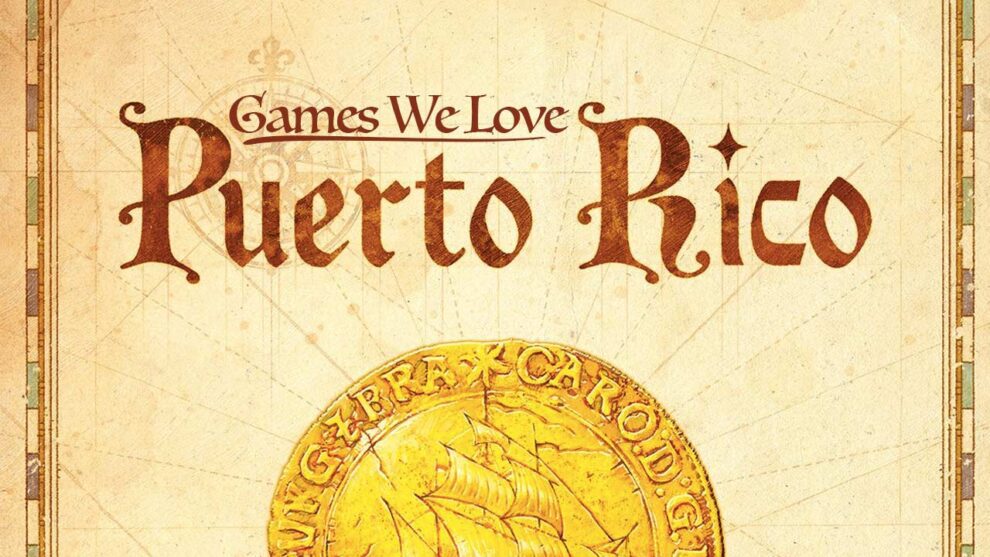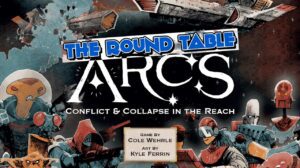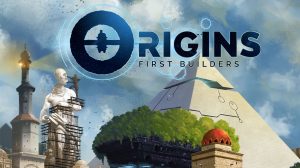Our partners at Ravensburger / alea made waves a couple years ago with news that a new version of Puerto Rico—the classic action selection, tableau building Eurogame—was coming to the market, with the new game set in a time period after the real-world country’s period of slavery ended in the early 1870s. That’s important, because some players continue to rightly take issue with the original game’s setting and theme.
Yep, you remember. The original game positions players as “colonial governors” tasked with scoring the most points by constructing buildings and working fields via the use of “colonists” that arrive on a “colonist ship.” Those colonists, tasked with erecting buildings and working coffee, tobacco, sugar, indigo and corn plantations, are represented by small brown discs. Goods are shipped to the “new world” via ships that can only hold one type of the game’s five goods at any given time.
Yeah.
I still remember the first time I played Puerto Rico. At my house, a old saying still holds true: “you gotta call a spade a spade.” One look at the situation presented by Puerto Rico and I said the thing all of us were thinking as we read through the rules—this looks like a game about white people using people of color to work the lands and make a quick buck.
Which, of course, meant that this was a game about a real-life situation that really happened. Unfortunate, but this didn’t make me uncomfortable at all. News flash—lots of games had problematic handling of historical settings 15+ years ago. Like almost every Euro of the time, I absorbed this information and kept moving. As a Black man playing games in the mid-to-late aughts, it’s not like I went to the quote-unquote “friendly local game store” and saw games featuring people of color in a positive light, at stores staffed by dozens of people of color, designed and drawn by people of color, released by publishers who were made up of majority minority staff.
Are you kidding me? This is tabletop, people. The Hobby™, in 2006 or 2007 (whenever I first played Puerto Rico), was a lot different back then than it is today. I wanted to play games. And that meant you had to make some personal concessions to find the experiences that really resonated.
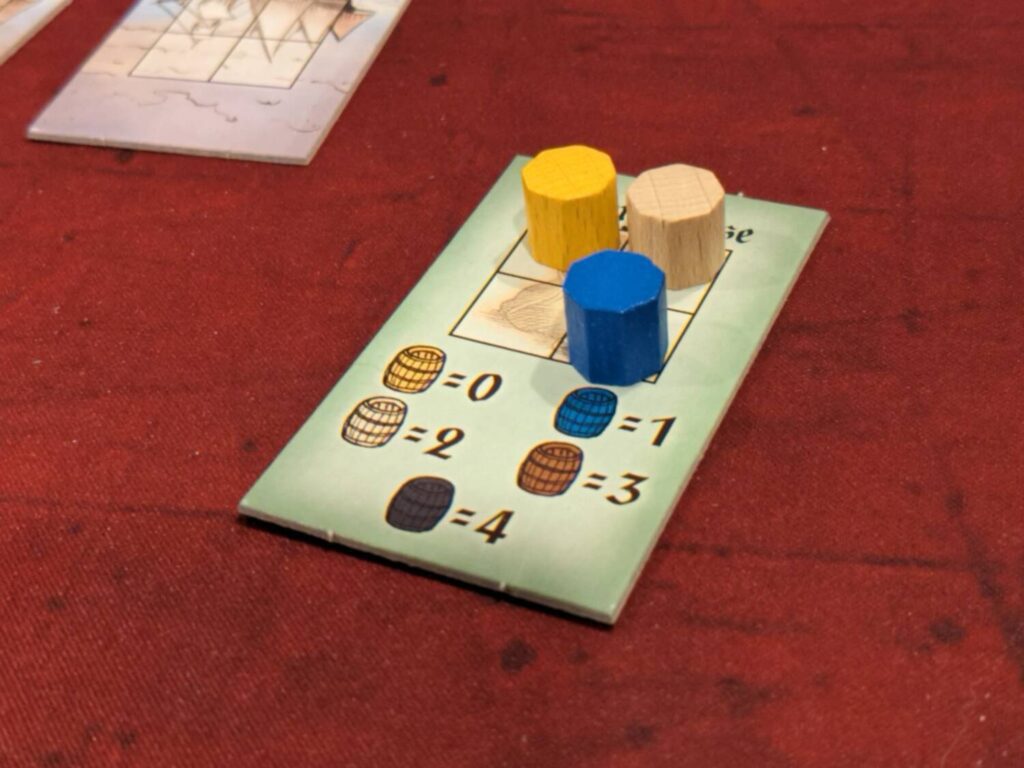
And that was easy for me. When I take in a new game, it’s impossible to know the backstory for how we got from A to B. I agree that Puerto Rico could be about almost anything and still work. I don’t have any sense of designer Andreas Seyfarth’s original intent behind the game’s setting. I also don’t know Seyfarth any better than I know most of the readers who visit our site.
And at the time, I didn’t care, because the action selection mechanism behind the core gameplay of Puerto Rico is genius. It was excellent when I first played it in person, it got better as I played the game with other fans, and even now, I play Puerto Rico on my iPad every month. Picking one of the available roles, then getting a slight bonus for being the person to select that role, has been ripped off by so many other games that during a recent game night, two of our five players claimed that they had seen this mechanism implemented better in a lot of other games they play.
This mechanic, known as the “Follow” mechanic in BGG, is used in a lot of other games, particularly in other classics both old and new like Race for the Galaxy, Earth and Carnegie, but I think some players don’t realize that the Follow mechanic in newer games was implemented by designers who first saw the mechanic in Puerto Rico.
That recent in-person play brought a lot of things out for me. Puerto Rico plays in about 90 minutes in person with five players; fine, but not as snappy as plays on Board Game Arena or in the game’s app with real and/or automated players. So it’s longer than I would like, which is why the game’s little sister, San Juan, hits my table more often than Puerto Rico. I still love the tension that comes from the production phase (Craftsman) when everyone’s engine is up and running but there aren’t enough goods to go around to satisfy everyone.
Being selfish and taking a Prospector action when it has a lot of money piled onto it? Still love it. Taking the Mayor role when there are exactly six “colonists” on the ship, guaranteeing that I get three colonists when everyone else will only get one? Still love it. Hosing a neighbor by putting coffee on the biggest shipping boat in the game when no one else produces coffee, ensuring that I have my own boat to ship goods? Still love it.
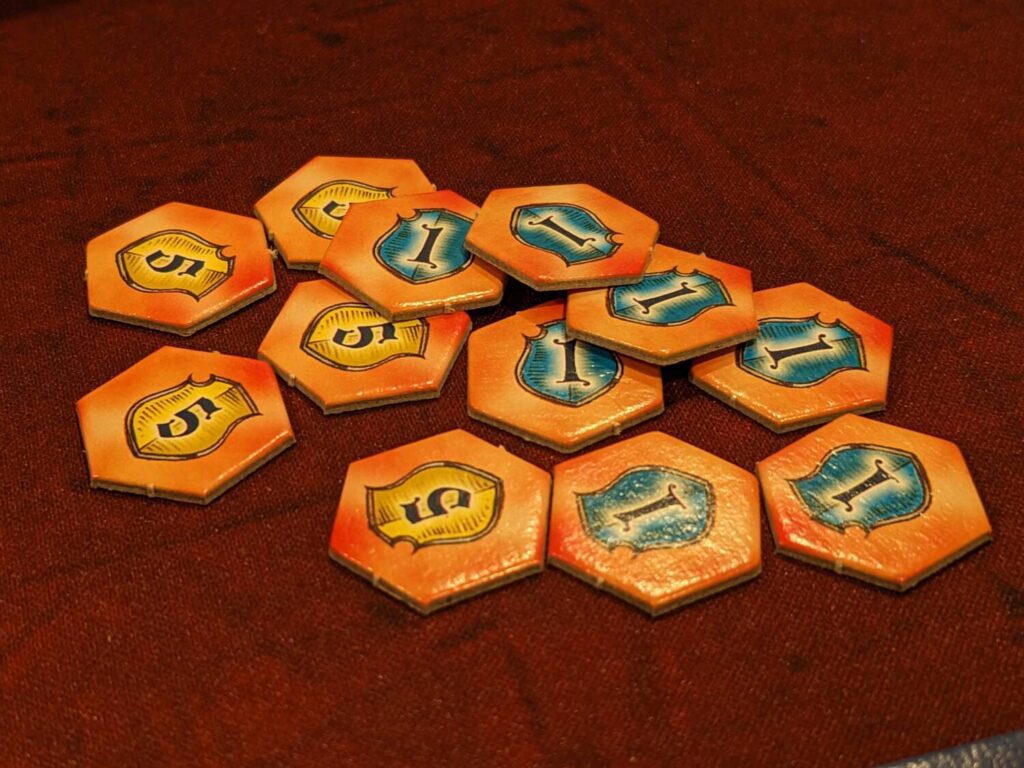
Puerto Rico, as a collection of game mechanics? I still think it’s one of the ten best designs I’ve ever played and it continues to hold a spot on the top 50 games of all time on BGG, for good reason. Puerto Rico, as a theme? Absolutely horrific, particularly in the hobby world of the now.
But that doesn’t mean I won’t play it. I think some gamers will always bring their reservations about a game’s theme to the table; I don’t mind. That means that games like Puerto Rico, or more recent games like Colonialism (yes, an actual game) and Mombasa, are in a difficult no-fly zone thanks to their theme. Totally get it. However, the mistake some players make is that everyone will take issue with everything that a single person may find problematic…and, projecting that on others is a no-no.
I liked the approach one player took when whipping out a copy of Puerto Rico at a game night in Chicago last year. He didn’t apologize for wanting to play, but he offered a line that fit situationally well given some of the reactions people have to the game’s theme. “Totally get if some people don’t want to play this one, but I haven’t played in a while and I really like the gameplay.”
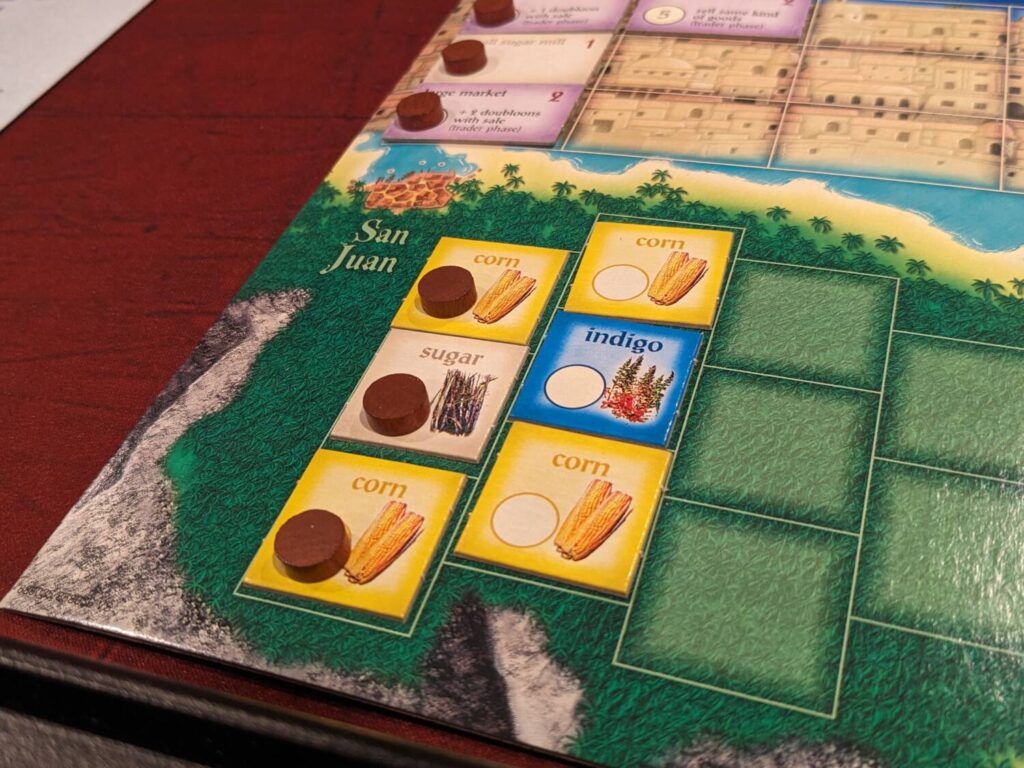
Not an apology for a game that he wanted to play, and it acknowledged a safe space for players to walk away if they would like and play a different game on the other side of the table. That’s all I ask, and it was totally appropriate given the fact that many players are uncomfortable with the game’s theme.
I like that Ravensburger is taking a fresh approach to Puerto Rico with the release of the new version. (Those in the know are aware that while this game was listed in 2022, a number of production issues meant that the game didn’t begin to get to players until the fall of 2023 in its corrected form.) I also understand that the game’s original and problematic theme is acknowledged.
This is great, and some older games are coming to market with reprints that address the past in a meaningful way. Skymines, the new version of Mombasa, and Waterfall Park, the new version of Chinatown, are two examples of this. The new game should appeal to a broader audience with the help of dedicated publishers and cultural consultants who can help ensure the game keeps the same solid gameplay with a more palatable setting, ideally in the world of real-world Puerto Rico.
My colleague Andrew Lynch will share his thoughts in the months ahead on the new game, and I look forward to playing a copy of the new game myself. As great as the gameplay is in Puerto Rico, it could certainly use a new coat of paint to go along with the reimagined setting. Here’s hoping Ravensburger and alea do it right.


